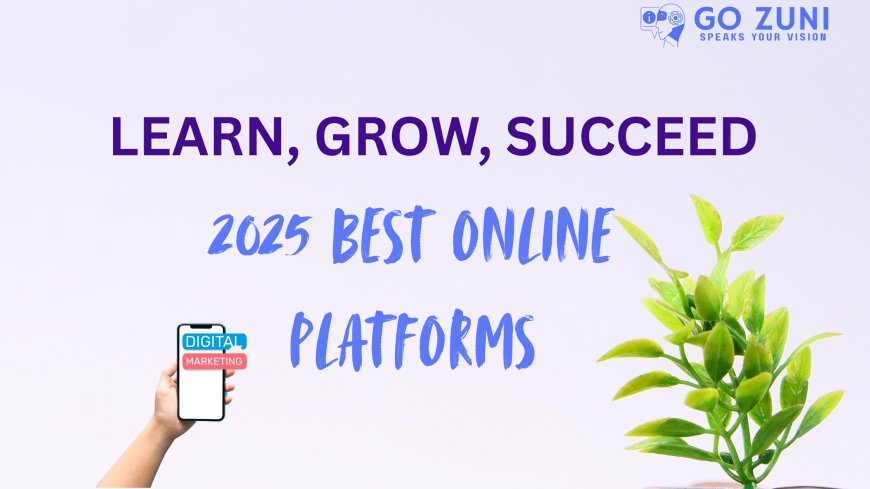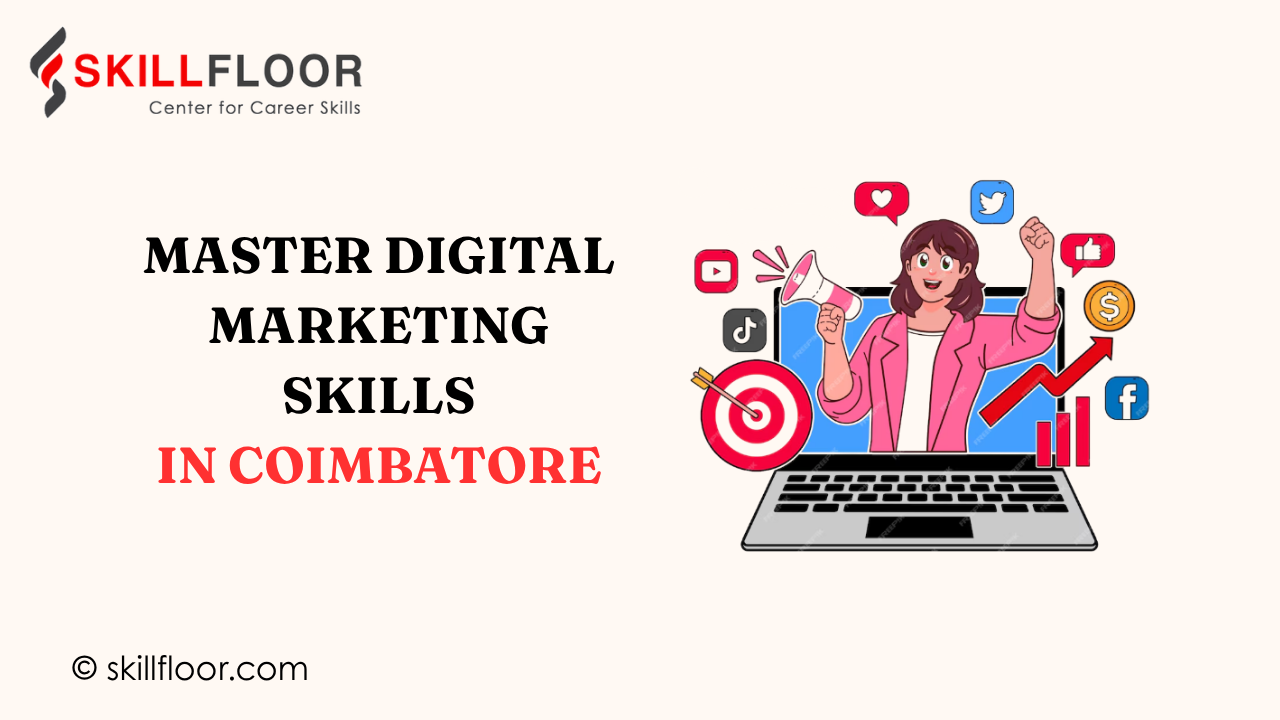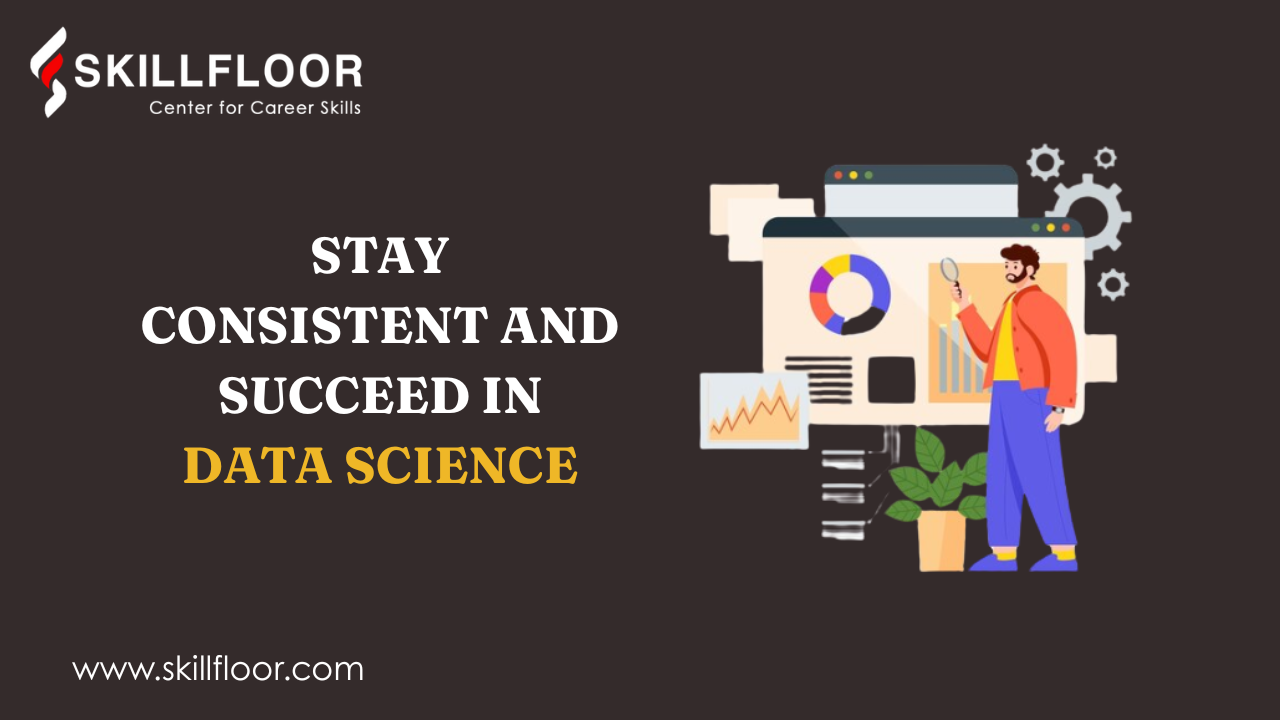
A few years ago, I was sitting in a packed lecture hall, half-listening to a professor drone through a PowerPoint while secretly watching a YouTube tutorial on Python loops. That moment stuck with me—not because of the lecture, but because I learned more in 10 minutes from that video than I did in the entire hour-long class.
Fast forward to today, and the landscape of education has radically shifted. Online learning platforms have exploded in popularity, offering everything from beginner coding classes to full-blown data science specializations. But with this digital revolution comes a big question: Can online learning platforms really replace universities?
Let’s break it down.
The Rise of Online Learning Platforms
The surge in e learning platforms like Coursera, Udemy, edX, and Pluralsight isn’t just a trend—it’s a transformation. These online education platforms have democratized learning, making it accessible to anyone with a laptop and Wi-Fi connection. Whether you’re a stay-at-home parent, a working professional, or a curious teenager in a rural town, quality education is just a few clicks away.
And the IT world? It’s one of the biggest winners. Skills like web development, cloud computing, cybersecurity, and machine learning are being taught by industry experts, often with more up-to-date knowledge than what’s taught in traditional classrooms.
What Learning Platforms Do Well (That Universities Often Don’t)
Let’s be honest—universities can be slow to evolve. Course curriculums take years to update, and by the time a new program rolls out, tech trends may have already shifted.
Online learning platforms, on the other hand, are incredibly agile. Need to learn about the latest front-end framework or the newest Azure certification? Chances are, there’s a course already live on your favorite platform.
Here’s what e-learning platforms tend to excel at:
- Flexibility: Learn on your schedule, whether that’s during your lunch break or at 2 AM.
- Affordability: Many courses are free or cost a fraction of a traditional degree.
- Real-world skills: Taught by industry professionals who are often still working in the field.
- Interactive content: Quizzes, coding sandboxes, peer feedback, and real project work.
In fact, when I was prepping for a cloud certification last year, my go-to wasn’t a textbook or a class—it was a hands-on, project-based course on an online learning platform. It made all the difference.
What Universities Still Do Better
Now, let’s not toss the entire concept of universities out the window just yet.
There’s still a lot that traditional education provides—especially for those early in their academic or professional journey:
- Structured learning: The discipline of showing up, attending lectures, completing assignments—it builds habits.
- Networking: You meet peers, professors, mentors, and future colleagues in person.
- Credibility: A degree from a recognized institution still carries weight in many industries.
- Foundational knowledge: Universities often do a great job of building deep, theoretical understanding—important if you’re heading into research, engineering, or academia.
It’s not just about the content—it’s the environment, the community, and the holistic experience.
The Hybrid Future of Learning
So, can learning platforms completely replace universities? Probably not for everyone. But can they complement or even redefine the traditional path? Absolutely.
Many professionals in IT now build their careers entirely through online education platforms—and companies are starting to care more about what you can do than where you learned it. GitHub repos, personal portfolios, and certification badges often speak louder than GPAs.
Even universities are catching on, partnering with platforms like Coursera and edX to offer micro-credentials, bootcamps, and online degrees.
We’re entering a hybrid era of education—where the lines between campus and cloud, lecture hall and livestream, degree and certificate are becoming beautifully blurred.
Final Thoughts: It’s Not Either/Or—It’s Both
If you’re exploring a career in IT, know this: Your learning path is yours to build.
Maybe that means enrolling in a degree program. Maybe it means piecing together skills through courses on multiple e learning platforms. Maybe it’s a bit of both.
What matters most isn’t the label on your education—it’s your passion, your persistence, and your ability to adapt in a constantly evolving field.






